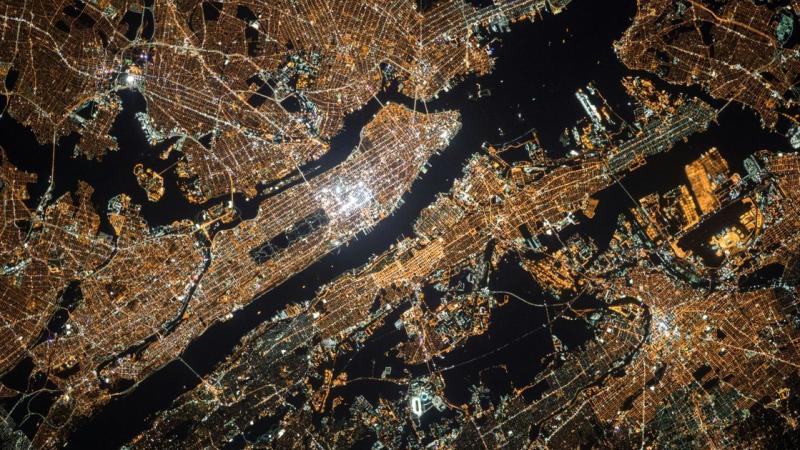Energy transitions are not a simple swap of good v bad technologies
A guest blog by Angela Wilkinson of the World Energy Council on redesigning global energy systems, managing diverse interests and collaboration at scale
This article was originally published by Economist Impact.

As politicians, diplomats, financiers and business leaders meet for the annual climate summit, COP28, its importance from an energy perspective is clear: avoiding a global climate-change catastrophe while securing energy for billions of people, and ensuring it is affordable for all.
Whatever the outcome, one thing is certain: more effective collaboration will be needed to make faster, fairer and far-reaching energy transitions happen. But war, global economic recession and physical climate risks point to a bumpy road ahead.
A mix of good and bad news and hard truths
The ambitious goal of achieving global climate neutrality by 2050 is triggering a fundamental rethink of relationships—between people and planet, markets and states, states and communities. However, all signals indicate that the world will still overshoot the critical threshold of 1.5 degrees Celsius this decade.
Launching the updated Net Zero Roadmap, International Energy Agency director Fatih Birol stated, “The good news is we know what we need to do—and how to do it.”
The bad news is that we are not doing it.
We may know technically how to get to net zero by mid-century, but getting there in an increasingly polarised world remains a challenge. Diverse pathways for accelerating decarbonisation in energy are emerging globally, yet our ability to effectively collaborate at speed and scale is lagging. How do we get more people and diverse communities to co-operate at the required scale and pace?
Redesigning energy for people and planet
A difficult truth is that there is no such thing as a quick, easy, cheap or one-size-fits-all energy transition. Diversity in energy systems has been growing in the broadest sense—geographies, technologies, uses and users—for decades.
The transition to cleaner forms of energy must also navigate global crises. The world was caught out by the unexpected and uneven impacts of the world’s first demand-driven energy crisis, which was triggered by Russia’s invasion of Ukraine. And new crises—pandemics, physical climate risk, a green-technology arms race, cyber-security, societal frictions—are emerging.
Unlike previous energy transitions, today’s global energy transitions are multiple, and they must be successfully managed and co-ordinated in the absence of any single overarching authority. Global blueprints—road maps based on narrow, top-down consensus—help sustain the illusion of control, but implementation presents a sustained and complex co-ordination challenge.
Three approaches to just and resilient energy transitions
To succeed, we need to learn how to stretch collaboration across the conventional boundaries of the classic energy industry to adjacent sectors, and beyond people who think and look like us to working with those with different visions, needs and experiences.
The question facing us is: how can we accelerate decarbonisation with justice and resilience?
Our answer is three-fold:
- A courageous conversation on price, costs and affordability;
- Using the World Energy Trilemma Index, which ranks the energy performance of 127 countries, providing insights into energy security, energy equity and environmental sustainability; and
- Experimenting with many forms of collaboration for systemic leadership and change management.
The energy trilemma—security, equity, sustainability—must be managed throughout the process of energy transitions and in a global context of increasingly diverse national and regional energy systems.
There is an abundance of solar and wind power. The costs of renewable and clean energy technologies are falling. Technology prices, however, are not the same as systems costs, and questions of affordability (both the ability and willingness to pay), fairer access and value-adding are also part of the economics of transition.
Transforming the whole world energy system is not simply a case of swapping out old technology for new, and it cannot be achieved all in one go. To better navigate new pathways, we can learn from each other’s experiences, using diversity as a source of innovation and collective intelligence.
Redesigning energy for billions of better lives and a healthy planet implies a rethinking of “how” to make energy transitions happen, with particular attention to “with whom”. Non-market and non-state actors, including diverse, vulnerable and disenfranchised communities, are not passive characters in the story of climate-resilient, sustainable energy developments; instead, they are its co-creators.
The conversations taking place at COP28 are important. Continuing to build momentum next year at the World Energy Congress through effective cross-boundary collaborations will be crucial.





